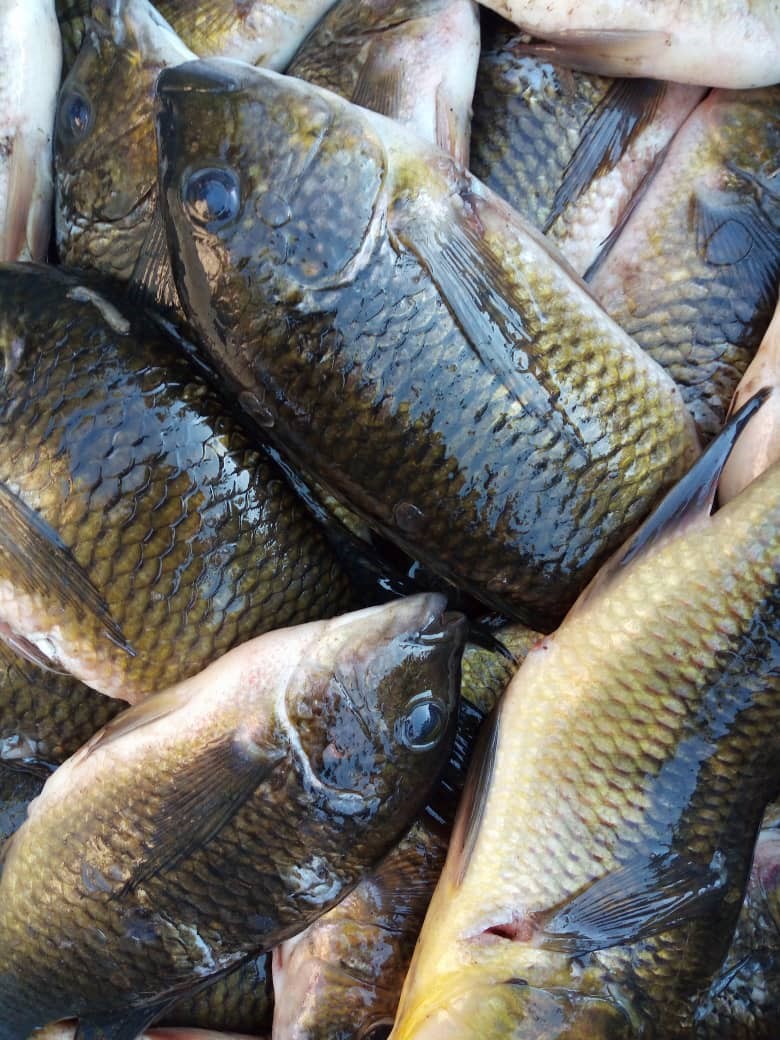OF ANNUAL FLOODS AND COLLAPSING HOUSES IN LUNGA - THE SOLUTION?

Does it sound surprising whenever news of collapsing houses in Lunga hit headlines in various media? To some of us, this is no strange news at all. It is merely the fulfillment of what is anticipated. What is surprising is a reporter reporting a disaster of 268 ruined houses showing footage of firmly built fishing camps instead of distressed families or actual ruins. Everyone knows that islands are prone to flooding whenever you have rains above normal. Our seasons are predictable. We exactly know that we will have rainy season from November to March. We also know the conditions under which inhabitants of the islands live during this period. In other words, we anticipate an annual disaster in the same way we wait for Christmas. Also, everyone knows that the majority of people living on these islands are poor; who live below poverty datum line. This means that they cannot afford decent housing on their own and so live in huts that are easily washed away leaving them in distr
 SoundCloud
SoundCloud
